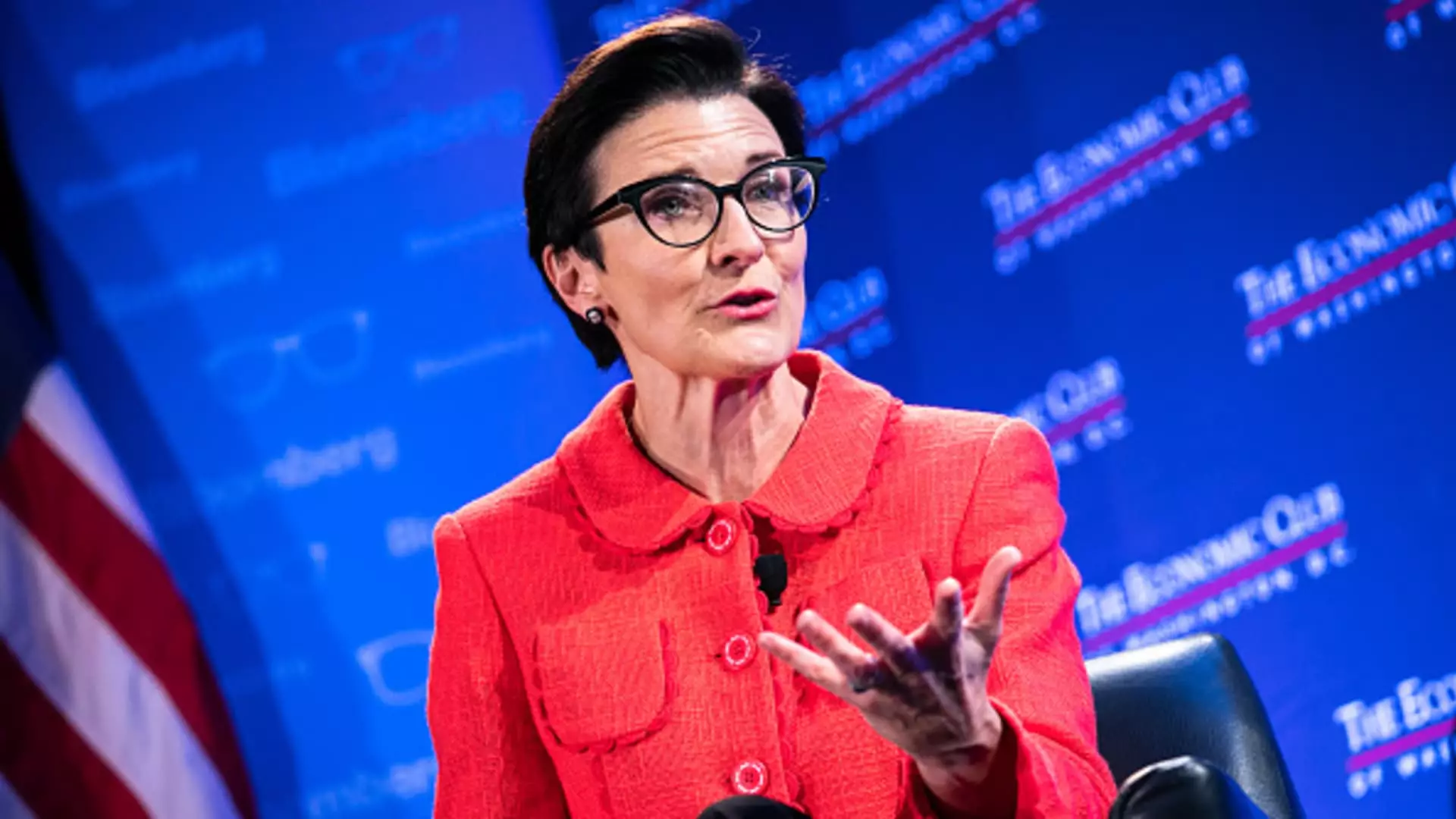In a surprising move, Citigroup, one of the largest banks in the United States, has announced that most of its employees will have the option to work remotely for the final two weeks of December. This decision comes as a part of the bank’s ongoing efforts to adapt to the changing work landscape brought about by the COVID-19 pandemic. According to inside sources, this policy applies to the majority of the bank’s 240,000 employees, who are classified as hybrid workers – individuals who work both remotely and in-person.
While the ability to work remotely may seem like a welcomed perk, the timing of this announcement has left many employees on edge. CEO Jane Fraser’s sweeping corporate reorganization has caused anxiety among the workforce, with concerns about job security being at the forefront of their minds. Unlike the previous year, when the remote work policy was introduced without much fanfare, employees now question whether their positions will still exist in the coming year.
The corporate reorganization at Citigroup, known internally as the Bora Bora project, has already led to executive departures and the closure of the firm’s municipal bond business. This restructuring has been met with mixed reactions from employees, who are uncertain about how it will ultimately impact their roles within the organization. Citigroup has stated that CEO Jane Fraser’s review of the bank will be completed by the end of March, leaving employees in a state of anticipation until then.
In an attempt to address employee concerns, Citigroup has committed to providing transparency regarding severance expenses tied to the Bora Bora project. The bank plans to disclose these expenses in January and again in April, allowing employees to have a clearer understanding of the financial implications of the ongoing changes. However, this transparency alone may not alleviate the uncertainty that many employees are currently experiencing.
In a staff memo, Citigroup’s human resources chief acknowledged the significant changes that have occurred within the organization over the past year. The memo also expressed the hope that employees would be able to enjoy a break from commuting while remaining focused on closing out the year. While the intention behind this sentiment may be well-meaning, it fails to address the underlying concerns that employees have about their future at Citigroup.
The decision to allow employees to work remotely for the final two weeks of December may be seen as a step in the right direction towards embracing the future of work. It acknowledges the benefits of remote work and provides employees with some flexibility during the holiday season. However, the timing of this announcement, amidst a period of organizational restructuring, has created a sense of unease among the workforce. It remains to be seen how Citigroup will navigate these uncertainties and ensure a smooth transition towards a more hybrid work model in the future.
While Citigroup’s remote work policy for the final weeks of December may initially appear to be a positive development, it is crucial to critically analyze the broader context behind this decision. The ongoing corporate reorganization and employee concerns about job security cast a shadow over what should be a time of celebration and relaxation. The future of work at Citigroup will undoubtedly be shaped by CEO Jane Fraser’s review, and it is essential for the bank to prioritize transparency, communication, and employee well-being as it moves towards a more flexible work environment.

